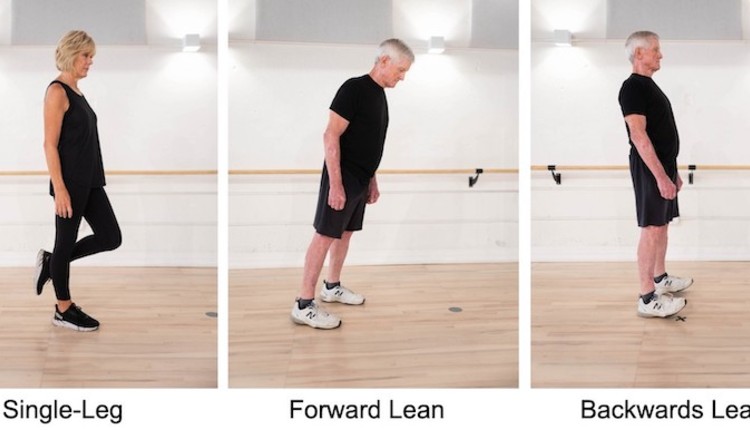
This article first appeared in the Fall 2023 issue of Personal Fitness Professional (PFP).
Since the blossom of social media, we are getting mixed signals about continuing education in the fitness industry. Scrolling through the endless information online, it can be hard to differentiate what is right and wrong. This can be anything from water consumption to the “fat burning zone” workout. Unfortunately, the fitness industry (personal training especially) is completely unregulated. This makes it easy for novice trainers to establish themselves as a guru and put out information that can be completely detrimental to someone’s health.
As a trainer, it can be easy to fall for the social media hype about getting or not getting a certification. Most states legally require a certification to personal train, but as previously stated, there is no governing body to help regulate the industry or set standards. Most personal trainers eventually get some type of certification and then rest on their laurels. People get comfortable… maybe they have all the clients they want, or they finally opened up their gym and do not see the need to continue to educate themselves. Just like we tell our clients; comfort is where growth stops.
Mastering the personal training craft with multiple certifications certainly has its benefits — for example, staying updated with industry trends, expanding skill sets and even maintaining credibility. But continuing education can also provide client-centric benefits, too.
To define our terms, what does continued education mean? There are several nationally recognized personal training certificates in the United States. These certificates range from National Academy of Sports Medicine (NASM), National Council on Strength & Fitness (NCSF), International Sports Science Association (ISSA), etc. The list is endless. In order to maintain a valid personal training certification, continuing education units (CEUs) are required before the certification expiration date. The amount of CEUs vary from certification to certification but most require CEUs in order to maintain a valid certification.
There are numerous resources available to personal trainers in order to receive CEUs: online seminars, specialty courses, clinics, reading material through certification provider itself or even college credit classes. The options are endless, and most certifications give personal trainers up to two years to get the required amount of CEUs — with just as many avenues of CEU specification from which to choose (nutrition, therapeutic, rehab, sports training, youth training, kettlebells).
Which CEUs Are Right for Me?
While continuing education provides personal trainers with the ability to dive into very specific topics and specialties in the fitness world, part of continued education means keeping updated with industry trends. Having knowledge about new industry trends shows our ability to stay humble and learn. One of the many ways to learn about new fitness trends is by making it to specialty workshops, conventions and seminars. Most of these provide CEUs for attendance and it can sometimes be easy to get enough CEUs to recertify in just one weekend. But most importantly, at these events, it's easy to find others in the field who may provide a different perspective. This allows us to sharpen our tools and enhance our knowledge. There is a wealth of information out there, and it is our job to seek that information.
Finding New CEU Horizons
Going back to school is an option for continuing your education, but it can be expensive. As an alternative, internships can also provide unbelievable value. Make sure to confirm that an internship will receive CEUs before going down this road. Most internships are not paid so make sure that an internship can fit into an already busy schedule. We still have bills to pay so make sure the finances make sense before doing “free” work. The point is to become lucrative while still having the best interest in mind for the clients. Remember to find CEUs that will enhance knowledge and increase the chance of a positive experience with clients. The question should always be asked, “How will this benefit my clients?” If there is no valid answer to this question, then look somewhere else for CEUs.
Remember, it is all about the clients and how to enhance their experience. We are in the results business and people are paying for results, whatever they may be.
Evina Del Pizzo is the Owner of Built Strong Strength Club in Chatsworth, CA. She is a NASM Certified Personal Trainer and well as a PNL1 Nutrition Coach. Her primary focus is Neuromuscular Flexibility and advocating for men and women to take charge of their health.

















